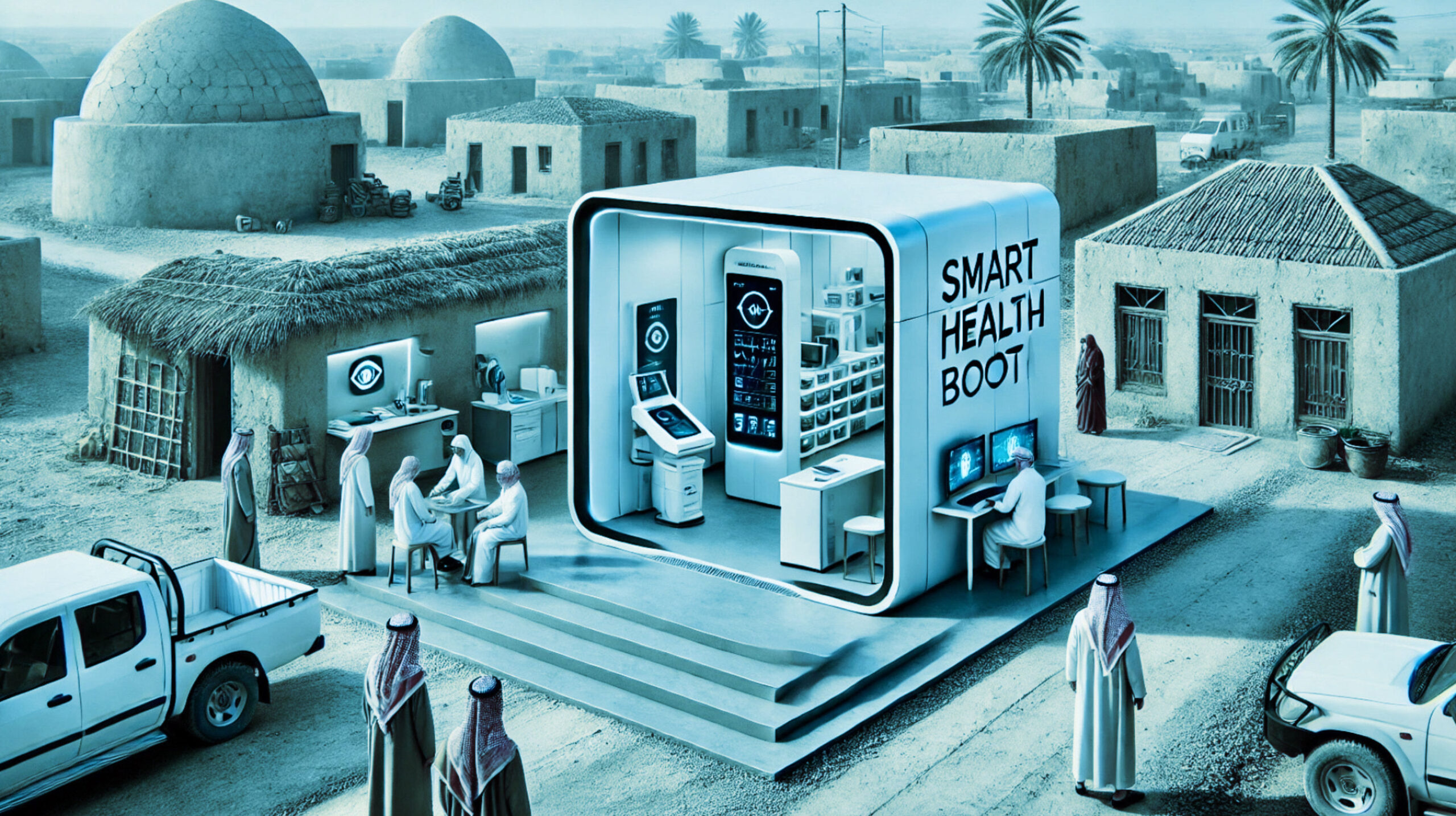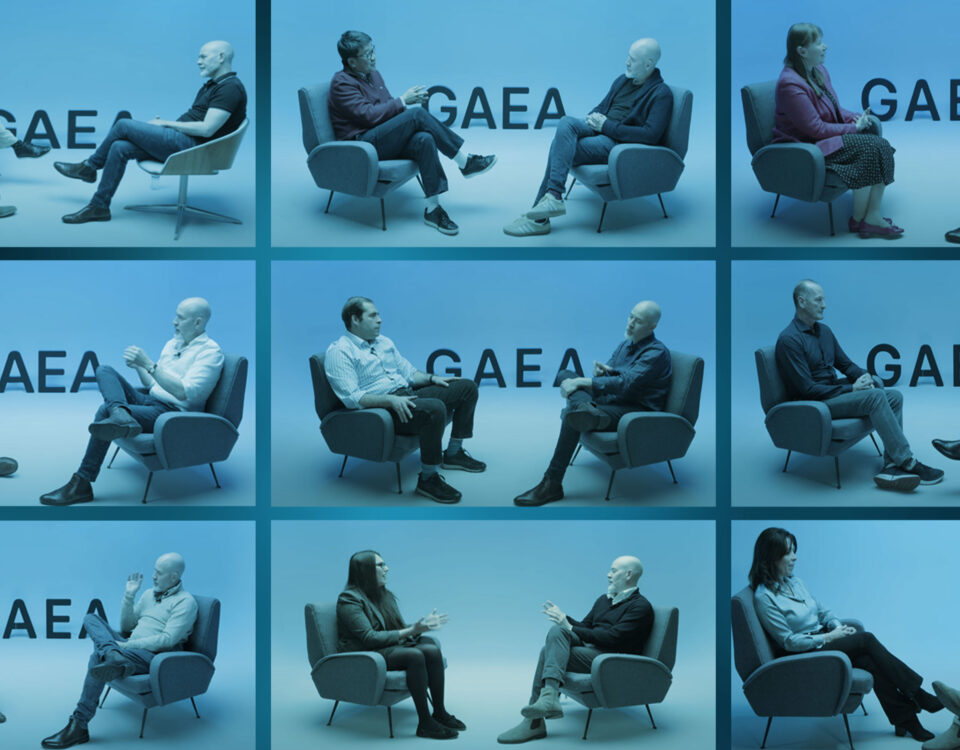Professor Deiary Kader, a renowned knee surgeon, researcher, and humanitarian, recently delivered a compelling TEDx talk in Baghdad, advocating for a radical shift in Iraq’s healthcare system. Instead of following the traditional, incremental path of development, Professor Kader proposes a bold leap directly into the age of Artificial Intelligence (AI). His vision addresses the critical challenges facing Iraq’s healthcare, exacerbated by years of conflict and rapid population growth.
Iraq’s healthcare system, once a leader in the region, has been severely impacted by war. With a population projected to double in the next 40 years, the current infrastructure is struggling to keep pace. Professor Kader argues that simply building more hospitals and training more doctors, while necessary, won’t solve the underlying issues quickly enough. He highlights the global problem of medical errors and complications, citing a study that identifies medical intervention as the third leading cause of death in the US, after heart attack and stroke. These issues are not unique to developing nations, but are a global concern.
Professor Kader’s solution
Bypass the slow process of digitisation and embrace AI-driven healthcare. He envisions a future where healthcare is delivered remotely, minimising the need for traditional hospitals. He describes a network of “health booths” in villages, equipped with technology to assess patients’ health, from skin and eyes to anxiety levels. This data would be transmitted to healthcare professionals, aided by AI insights, enabling remote diagnosis and treatment.
This approach offers several key advantages. Firstly, it addresses the shortage of healthcare professionals by leveraging AI for initial assessments and diagnoses. Secondly, it reduces the burden on hospitals, allowing them to focus on complex cases and emergencies. Thirdly, it offers a more personalised approach to medicine. AI can analyse vast amounts of patient data, including genetic and metabolic makeup, to predict individual responses to treatments, moving away from the current trial-and-error approach.
Professor Kader emphasises the importance of data in personalized healthcare. He points out that current medical practice often relies on averages and incomplete information. AI, on the other hand, can process massive datasets, incorporating new information in real-time to provide a more accurate and dynamic picture of a patient’s health. This allows for continuous learning and adaptation, ensuring that healthcare decisions are based on the most up-to-date knowledge.
The potential benefits of AI-driven healthcare are immense, both on an individual and societal level. It can improve diagnostic accuracy, personalise treatment plans, and streamline healthcare delivery, ultimately leading to better patient outcomes. Professor Kader believes that Iraq, with its young and tech-savvy population, abundant resources, and global network of experts, is ideally positioned to embrace this transformative approach and become a leader in AI-driven healthcare. He calls for a collaborative effort, bringing together local expertise and international support, to realise this vision and revolutionise healthcare in Iraq.






